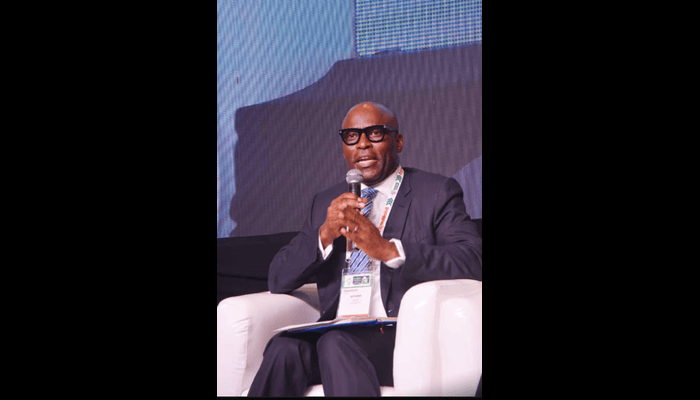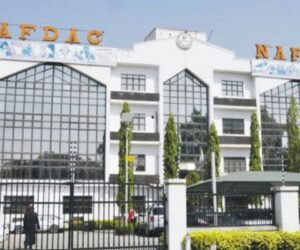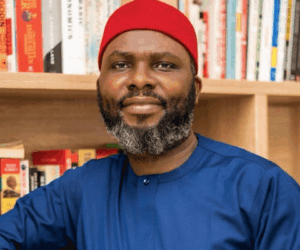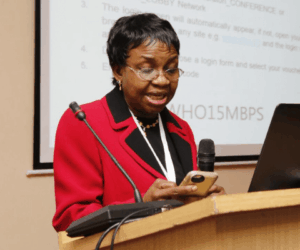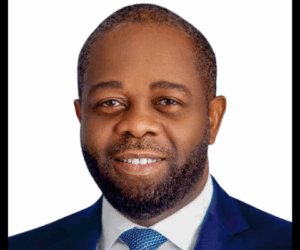Effiong Okon, Managing Director of ANOH Gas Processing Company Limited (AGPC), has called for a stronger focus on work culture as the most critical enabler of operational efficiency and business transformation in Nigeria’s oil and gas industry.
He made this known at the National Association of Petroleum Engineers Annual Conference themed “Driving Operational Efficiency and Human Capital Development in the Oil and Gas Sector Towards Economic Advancement,” in Lagos.
According to him, while technology remains a vital tool in modern operations, true efficiency is driven by people and organisational culture.
Read also: Clean energy investment in Nigeria, other developing Nations, hits $21.6bn — UNFCCC
“It’s still people behind technology that create value,” he said. “Culture takes time to build, it’s not just about slogans or policies but about embedding efficiency into our processes, systems, and daily ways of working.”
Drawing from his experience, he cited Seplat’s Business Improvement Programme in 2018, which established a dedicated workstream on cultural transformation, as well as AGPC’s ongoing Culture Journey being implemented with the support of Culture Factor Group. Both initiatives, he said, were designed to define and entrench the values and behaviors that drive optimal performance.
He said: “When people come from different organisational traditions, you must deliberately define the culture you want. That’s where real performance transformation begins.
Read also: Nigeria secures €21m German funding to accelerate clean energy transition
“Benchmarking allows us to see where we stand compared to top-quartile or best-in-class performance and where improvement is needed. Making small, consistent changes every day leads to major transformation over time.
“Leaders shouldn’t stay behind their desks. They need to be visible at the frontlines, visit production and project sites, engage with staff and contractors, and understand the real challenges teams face. Many performance issues stem from systemic gaps, not lack of effort.”
Beyond systems and metrics, the AGPC boss noted that teamwork and shared accountability remain essential to achieving lasting efficiency.
Read also: Nigeria, Germany deepen ties on energy, security, trade
“Talent alone doesn’t create value. What matters is how well your people and systems work together toward collective outcomes,” he said.
He concluded by reiterating that true operational efficiency must evolve into a culture, one that cuts across every level of the organisation.
“When your systems, processes, and leadership behaviors align, efficiency becomes a way of life, not just a talking point,” he said.
Okon also encouraged companies to adopt a culture of continuous improvement, referencing the “Go See, Ask Why” approach of the Toyota Production System and the Kaizen philosophy, which emphasise small, consistent changes that collectively drive major transformation over time.

